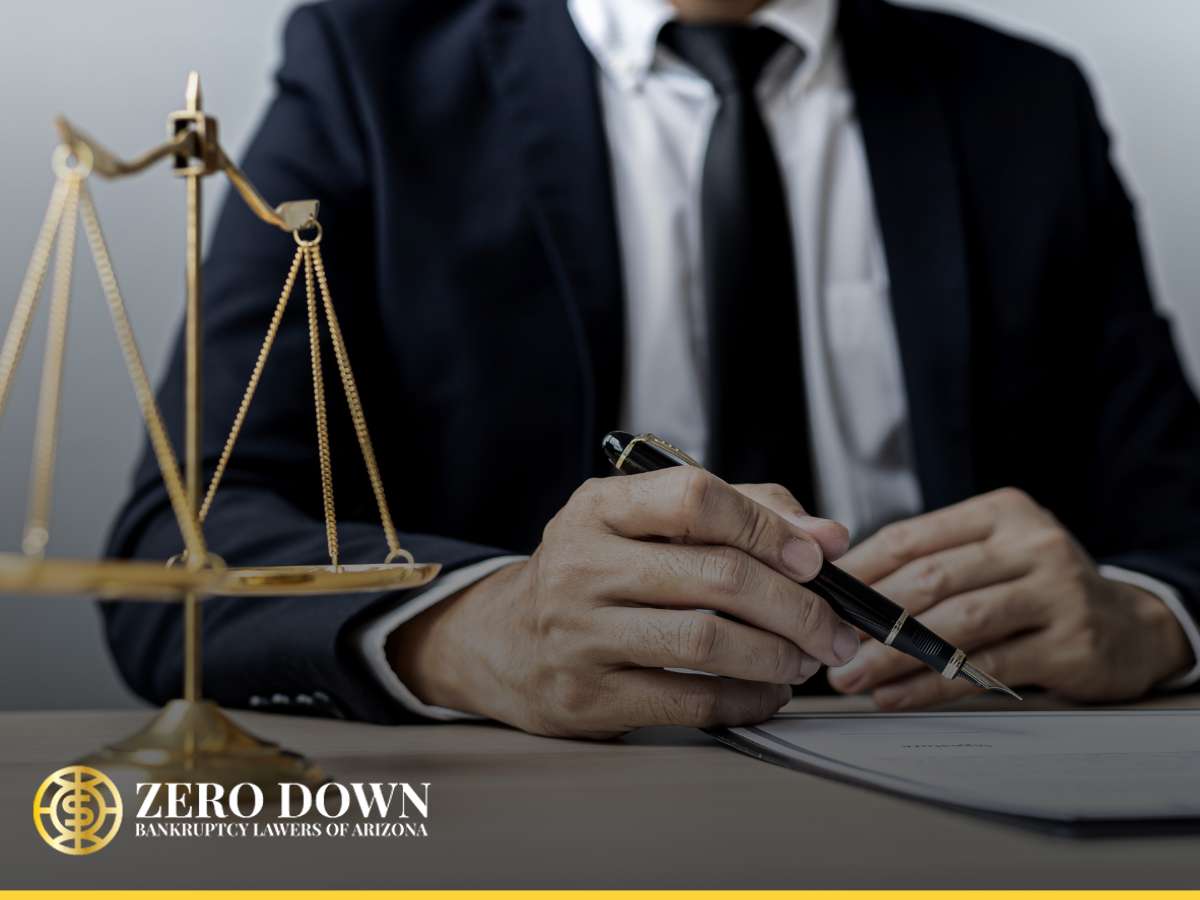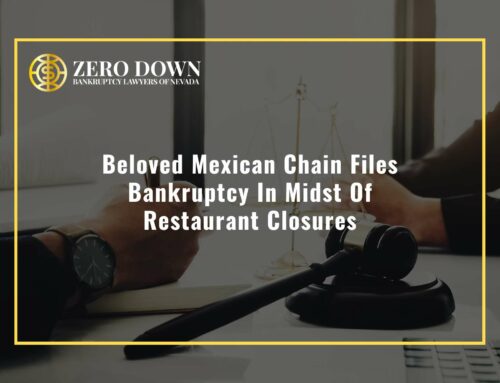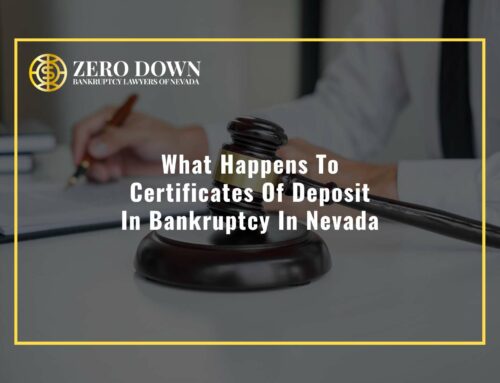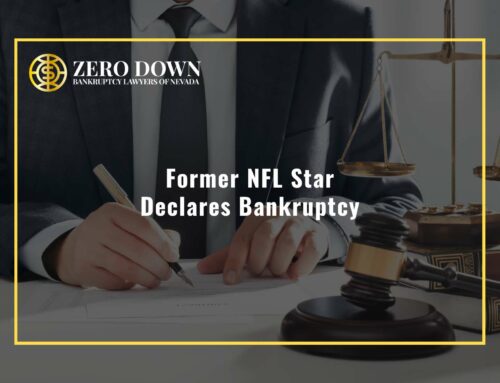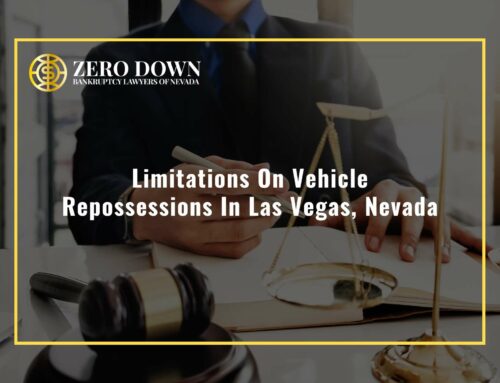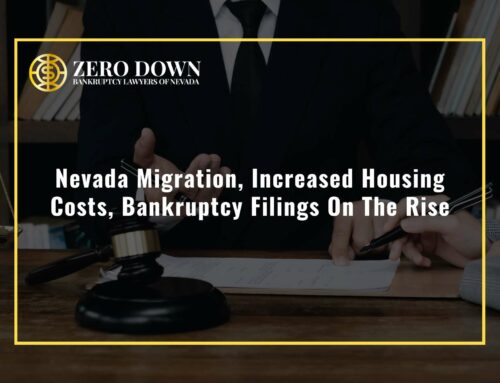Major Player In The Radio Industry Declares Bankruptcy
It’s hard to imagine a time without television and nearly infinite viewing options. But just a few generations ago, radio was the prime form of entertainment for many families. With video streaming services offering a plethora of shows and movies and music streaming services offering on-demand music choices and talk shows in the form of podcasts, there has been less demand from consumers for radio. This is demonstrated by a recent bankruptcy filing by radio giant Audacy. Audacy hopes to reduce its debts from the billions of dollars to a few hundred million dollars through its filing. While this bankruptcy filing can be used to show how radio has experienced a decline in popularity, it also shows just how powerful bankruptcy can be in relieving overwhelming debt. You may also benefit from bankruptcy if your debts have become too much to bear on your own. You don’t have to make the decision of whether to file for bankruptcy in Reno and Carson City alone. Contact our firm at 702-842-0700 to set up your free consultation.
Audacy & Chapter 11 Bankruptcy
Audacy owns more than 200 radio stations, including the Valley’s LIVE 101.5 channel, which primarily plays pop music. Despite such a massive presence in the industry, Audacy declared in early 2024 that it intends to file for chapter 11 bankruptcy. This filing would reduce its current debts of $1.9 billion to $350 million. This is a debt reduction of approximately 80 percent.
Not every company can issue a bankruptcy statement with such certainty. Audacy already has an agreed-upon RSA, or restructuring support agreement. Some debtors might file for bankruptcy to activate court protections from creditors while working out a similar agreement. However, Audacy and its majority debtholders have already signed an agreement converting debt into equity, or equitization. This comes with a business strategy of expanding into more platforms. The RSA will not affect advertisers, employees, partners, or creditors not involved in the deal. The company anticipates ordinary operations while the bankruptcy is pending. Audacy hopes to navigate market challenges and reduced advertiser spending with its RSA and new business plan.
It should be noted that Audacy’s bankruptcy would proceed much differently if it were filed as a chapter 7 bankruptcy rather than a chapter 11 case. If Audacy had declared chapter 7 bankruptcy, it may have been able to wipe out all $1.9 billion of its debts, assuming those debts were unsecured. Another major difference would be that a chapter 7 bankruptcy filing takes away the option of continuing to operate. A chapter 7 debtor won’t need an RSA because the business, like its debts, are liquidated. Creditors won’t play as large of a role in chapter 7 bankruptcy because they won’t need to form a committee based on the company’s primary debtholders. Only businesses that qualify for a small business chapter 11 bankruptcy or a subchapter V chapter 11 bankruptcy can skip the creditor committee process.
Personal Bankruptcy- Chapter 7 Or Chapter 13
Chapter 11 bankruptcy can be used for a personal bankruptcy filing but is eclipsed in a consumer context by chapter 7 and chapter 13. Chapter 7 is the most popular form of bankruptcy. Chapter 7 clears unsecured debts, which can be highly useful for someone struggling with credit cards, medical bills, etc. Unsecured debts can still proceed to unfavorable results like lawsuits, wage garnishments, and bank account levies that can destroy a debtor’s financial situation. But some types of debts won’t see much impact from a chapter 7 bankruptcy filing.
For example, let’s say a debtor has fallen behind on mortgage payments and wishes to declare bankruptcy to stop a home foreclosure. The automatic stay, which goes into place when any type of bankruptcy is filed, will protect the debtor from their creditors. This includes a home mortgage lender seeking to proceed with a foreclosure. However, a home mortgage is a secured debt, so a debtor’s obligation to pay won’t be discharged by chapter 7 bankruptcy. The automatic stay can only temporarily hold off a home foreclosure here. This gives the debtor approximately 3 to 5 months to catch up on payments before their case is discharged, they lose the protections from the automatic stay, and their lender can proceed with foreclosure. Here, a chapter 13 bankruptcy gives the debtor more time and protection to catch up on payments for secured debts that can’t be cleared by chapter 7 bankruptcy.
Just because a debtor’s unsecured debts would be dischargeable in chapter 7 isn’t a guarantee that that person will get to file. There are restrictions surrounding who can file for chapter 7 bankruptcy for each state. A debtor must earn less than Nevada’s median household income based on household size to qualify for chapter 7 bankruptcy, or else they will need to prove they qualify using the means test. The debtor must also have waited enough time after any previous bankruptcy filings, and chapter 7 cases have the longest waiting periods. If you are unsure about which chapter you qualify for in Nevada or if you qualify for both and need help with your decision, our Nevada bankruptcy team can help make that decision an informed and confident one. Call 702-842-0700 to set up your free phone consultation with our skilled bankruptcy lawyers.
Small Business Bankruptcy- Chapter 7 Or Chapter 11
Despite the fact that businesses that file for chapter 7 bankruptcy must technically shut down, many small business owners use this form of bankruptcy before they’re ready to retire. When a business doesn’t have significant assets and secured debts, it can sometimes be simpler to reopen under a new business name after bankruptcy rather than save the original company name through a chapter 11 filing. For example, John’s Gardening Service might become John’s Gardening, Inc. Chapter 7 can be much faster and cheaper to file than chapter 11, making this a more attractive option. But if a business has a debt structure that isn’t served well by chapter 7, they may still qualify to bypass the creditor committee option through a small business filing. If you own a small business and are considering bankruptcy in Carson City or Reno, our bankruptcy team is here to help- call 702-842-0700 to schedule your free phone consultation.
Learn More About Bankruptcy From Our Experienced Reno & Carson City Debt Relief Professionals
Just because a giant radio company filed for bankruptcy doesn’t translate to bankruptcy being the right form of debt relief for an everyday consumer. People all throughout Nevada have diverse debts that can be affected differently by filing for bankruptcy, especially considering the chapter of bankruptcy chosen. If you’re considering bankruptcy in Carson City or Reno, you may benefit from information provided by a legal professional who is experienced with different types of bankruptcy. Our firm offers free consultations to start our comprehensive, high-quality bankruptcy representation. We can also determine if you qualify for our Zero Down payment plan option during your free consultation. Our team can help you clear debts with as little stress and confusion as possible. For scheduling, call 702-842-0700 to let us know when is the most convenient time for your free consultation. Contact us today!

Zero Down Bankruptcy Lawyers
Phone: (702) 842-0700
Email: info@vegaszerodownbankruptcy.com
Las Vegas Office
5552 Ashley Creek St
Las Vegas, NV 89135
North Las Vegas Office
7251 W Lake Mead Blvd
Las Vegas, NV 89128
Henderson
1489 W Warm Springs Rd #110
Henderson, NV 89014

